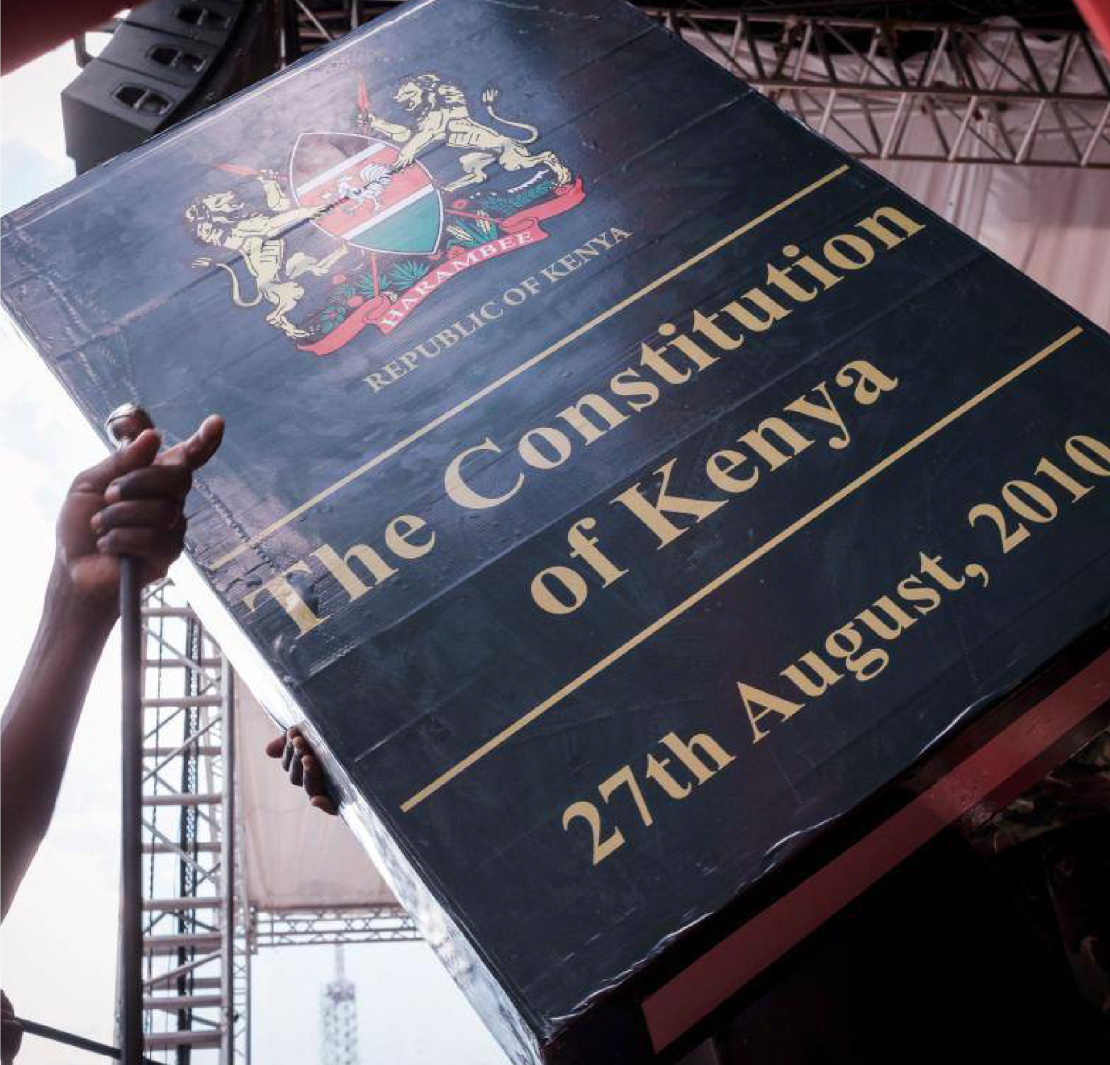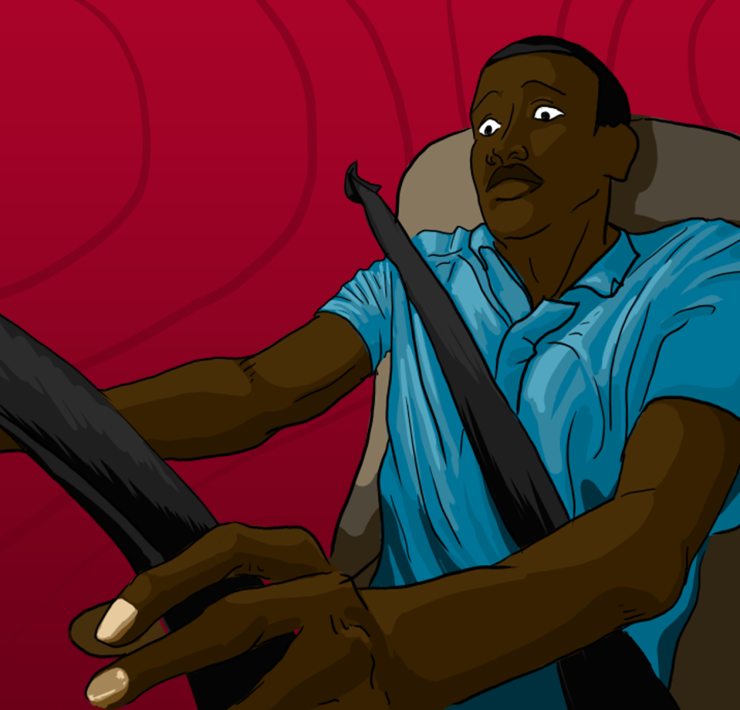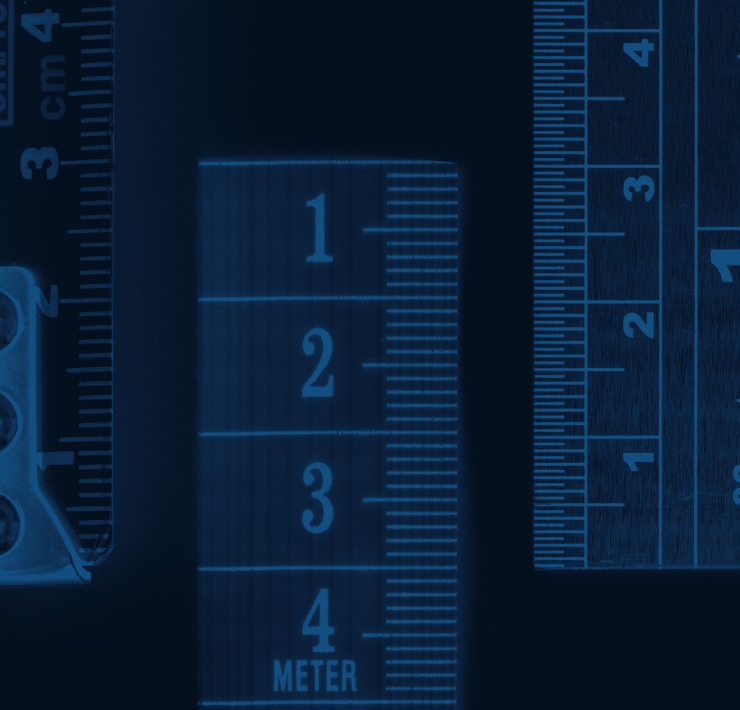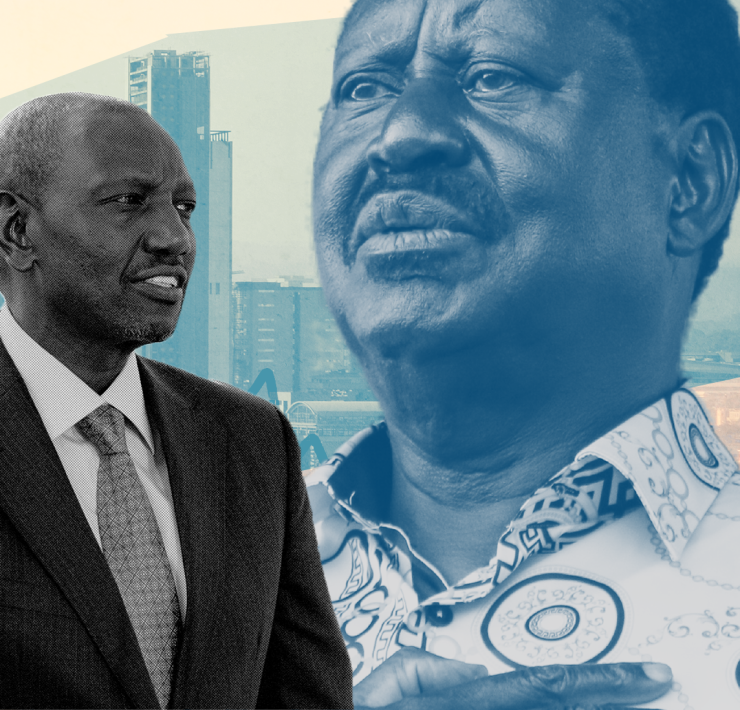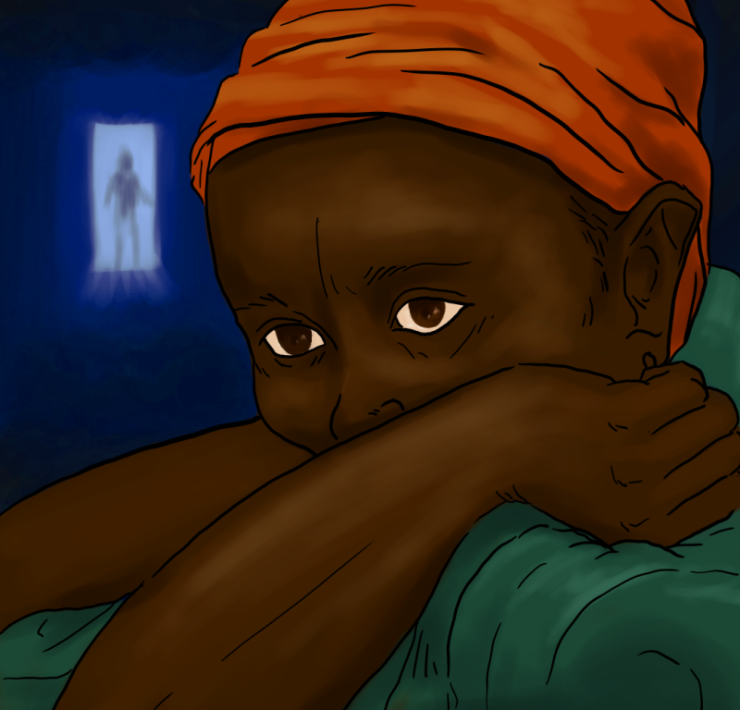A few months from now more than 1.5 million wildebeest will cross the crocodile-infested Mara River into Kenya from Tanzania, in what is recognized as one of the “Seven Wonders of the Natural World.” Many thousands of them will be eaten by the crocodiles and the scavengers who lie in wait.
The annual northwest wildebeest migration takes place at the end of the rainy season. The wildebeest are accompanied in their run by hundreds of thousands of zebras and gazelles. Always, they face steep, muddy river banks and the predatory crocodile, and yet they cross annually at the very same point – they don’t try to avoid the crocodiles; who would simply move to get them if there was a change of route. This is Hobbesian nature dating back as long as history has been recorded in Kenya, at exactly the same point, fostering a veritable tourist attraction. Some say it drew up to 300,000 visitors and earned Kenya $500 million in a good year. Private lodges and expensive redoubts have been built by the great and the good in this area to harvest the high-end tourist dollar – also for our benefit.
And yet the question still remains, why do these animals run North across crocodile infested rivers?
Apparently, for greener pastures. For this, wildebeest will risk being eaten by crocs, breaking their legs in the mud, or being trampled by their kith and kin. This is Darwinian sieving – survival of the fittest.
I can almost hear the wildebeest elders explaining this suicidal trek. It is for the good of the whole herd that we risk death for greener pastures. The herd gets stronger if the herd keeps running and no-one turns back for stragglers, for genetic reasons. Remember this mantra:
“Thousands will die at the river, but it’s not my turn to die – I can cross the river this year – I get to eat and preserve my gene for another season. I do this not selfishly but for the very survival of the entire population. If only the best survive then the prospects for the whole are bettered. To some extent, therefore, we must also thank the crocodiles which pick off the slow, the weak, the clumsy, and the laggardly. We do not care to ask if any of us are sick before we commence the crossing. We have reached the event horizon – it is too late – the herd is in motion – here we go. Say a prayer for me Mama!”
Stretching the wildebeest analogy to breaking point, our Constitution is like the collective herd of the wildebeest, its individual Articles being the single wildebeest. Not all constitutional clauses will survive indefinitely but their body as a whole herd will. The inherently weak or moribund will be winnowed out by natural attrition and crocodiles.
Many constitutional “articles of faith” such as the sacrosanct nature of political constituencies require periodic discussion. In an ideal world, this would easily be done by the Independent Electoral and Boundaries Commission (IEBC) in its review as per Article 89 of the Constitution. KSh 7.2 billion has already been voted for this purpose, but the IEBC is not constituted, and we don’t live in utopia. The boundaries review promises to become a cause of national instability, as nut-case leaders dig in their heels to protect existing constituencies or to extract gerrymandered advantage.
Boundaries are not the only thing due for a fresh look.
Our Katiba, to be honest, was approved by an almighty compromise which swept deep seated issues under the rug, for example those about proportional representation; equity and representation; the very essence of land ownership; religious articles of faith about reproductive rights of women; and non-discrimination and sexual identity in a new millennium.
These were put to one side to enable the so-called “good” 90% of the Katiba (i.e. uncontested) to go to the referendum of 4 August 2010. Today, you will be told the untruth that so-and-so opposed the Katiba as if they detested every single article of the document. That’s hot air. The NO campaign was strong enough to register 31% of the vote, and undertakings were made to potential NO voters to achieve this. Read the contemporaneous statements of the churches and other interest groups if you doubt how strong a case was being made against parts of our beloved Katiba.
We probably have to accept that the season for the river crossing has now come. The post-election activities of Azimio La Umoja One Kenya and Kenya Kwanza threaten to create a stalemate cycle of pointless political jousting in which we forget our common desire for greener pastures.
My sense of things is that they won’t follow through with the bi-partisan discussion.
I similarly don’t believe there is a large enough constituency which passionately believes that the source of political and ethnic tension is the purported winner-take-all election of the Executive branch.
I would argue that such people ignore the fact that there are six constitutional elections which are contested on the second Tuesday of August every five years and that our experience does not support the claim that any one party takes-it-all in all the Executive and Legislative offices. But we have to be realistic; you will not wish away the fertile ground of disaffection which Raila Odinga is cynically exploiting. Far better to have this deliberated on at length in a mandated constitutional review process that is democratically and statutorily established.
In essence, I prefer the Bomas process to Raila’s Serena process.
Some politicians are now threatening to do much damage to our national harmony – raising once dead canards such as one-man-one-vote-one-shilling just as Sessional Paper No. 10 of 1965 created the idea of productive and unproductive Kenyans. Reading social media debates on the one-man-one-vote-one-shilling fallacy, it is clear that the rot runs deep.
This alleged truism is supported by people of all social types within the most populous ethnic groups, crammed in the smallest spaces. In what forum will it be safe to have a discussion about whether this is a good idea? Do you want to leave it to the MP for Gatundu South, or the Secretary-General of Jubilee Party to duke it out with lawyers and businessmen? Or would you rather have a structured analysis of the socio-economic impact of the 2010 Constitution, followed by a free debate in a democratic forum – one that is larger even than parliament? Such forums existed specifically to create and adopt the various drafts and final draft of the 2010 Constitution. You may recall the Ufungamano Peoples Commission of Kenya, the Constitution of Kenya Review Commission and the Bomas of Kenya National Constitutional Conference.
The Constitution will not remain as it was on 27 August 2010 in perpetuity. And it was not expected to. That is why it is amendable.
Two years ago, during the BBI misadventure, we had a disagreement on who should control the process of identifying and agreeing on wide scale amendments. A super majority did not want it to be the product of handshakes between two citizens, regardless of their State positions or other prominence. The Supreme Court agreed with those who wanted truly inclusive processes and for all of us to be as equal as we were (more so even) during the process that gave us the 2010 Katiba.
Politicians, in the Legislature or the Executive (or outside both to be clear) were only one section of the multi-sectoral delegate driven process that made the 2010 Katiba. Politicians have been provided with a tax-payer and constitutionally mandated forum for their law-making and debate. Therefore, I think it is completely irregular for the elected and nominated representatives of the people to leave the Senate and the National Assembly to convene behind closed doors outside Parliament, where there is for example no Speaker, no Standing Orders, no Hansard record, and no right to public access, to perform their functions.
Azimio and Kenya Kwanza need to be told that Parliament is their only legally mandated forum for the purposes of law-making, laws which are binding to the rest of us. Hence my instinctive NO vote to the current demand by Azimio for an extra-parliamentary Indaba with Kenya Kwanza in the form of the 2008 national dialogue and reconciliation political party-exclusive arrangement. But I say YES to a review of where we truly are with implementing the Katiba and its high goals starting even today, but only if the process is people-driven. Herd-driven.
Let’s have a broader organized discussion about our Katiba. Let it be programmed to produce a draft in time for the Katiba’s 15th promulgation anniversary on 27 August 2025. Thereafter, we can have a two year discussion about the draft in a national constitutional conference attended by democratically elected delegates, with a referendum tacked onto the next general election.
It’s time to cross the river, together.
Author
-
Mwalimu Mati is a Kenyan lawyer and governance consultant with over 25 years of work experience in the fields of economic governance, anti-corruption, research, advocacy and publication. Mati was the Chief Executive Officer of Mars Group Kenya, one of Kenya’s leading anti-corruption and fiscal transparency watchdogs, as well as publisher of www.marsgroupkenya.org, in its time Kenya’s largest governance web portal which specialised in anti-corruption and financial analysis. Previously, Mati was Executive Director of Transparency International (2006-2007), before which role he served the same organization as Deputy Executive Director (2002-2006). Mati cut his teeth in the 90s working as Programme Officer at the Public Law Institute, where he worked for close to a decade. Driven by his life-mission which is to empower citizens to demand accountability by sharing knowledge, Mati has been at the forefront in the provision of information resources of all forms and shapes to the public as he seeks to promote transparency in public and corporate sectors. Mati consults for Kenyan and international corporations and development agencies in strategy development, programme review and analysis, due diligence background checks and his specialist field of governance and anti-corruption. Mati is widely published locally and internationally, and has led in the writing and publication of some of Kenya’s most ground breaking governance and anti-corruption reports
Mwalimu Mati is a Kenyan lawyer and governance consultant with over 25 years of work experience in the fields of economic governance, anti-corruption, research, advocacy and publication. Mati was the Chief Executive Officer of Mars Group Kenya, one of Kenya’s leading anti-corruption and fiscal transparency watchdogs, as well as publisher of www.marsgroupkenya.org, in its time Kenya’s largest governance web portal which specialised in anti-corruption and financial analysis. Previously, Mati was Executive Director of Transparency International (2006-2007), before which role he served the same organization as Deputy Executive Director (2002-2006). Mati cut his teeth in the 90s working as Programme Officer at the Public Law Institute, where he worked for close to a decade. Driven by his life-mission which is to empower citizens to demand accountability by sharing knowledge, Mati has been at the forefront in the provision of information resources of all forms and shapes to the public as he seeks to promote transparency in public and corporate sectors. Mati consults for Kenyan and international corporations and development agencies in strategy development, programme review and analysis, due diligence background checks and his specialist field of governance and anti-corruption. Mati is widely published locally and internationally, and has led in the writing and publication of some of Kenya’s most ground breaking governance and anti-corruption reports

